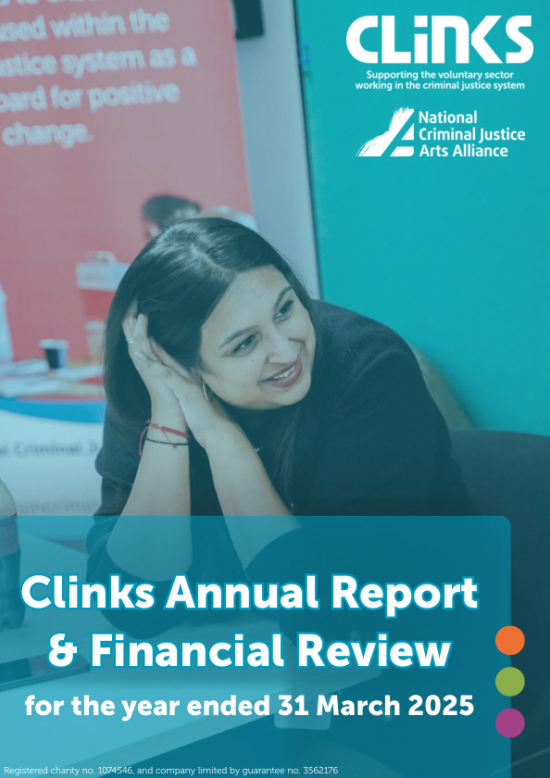A guest blog by Nina Champion, Head of Policy, Prisoners Education Trust (Secretariat to the Prisoner Learning Alliance)
“What is prison education all about? What is the theory of change?” challenged Clinks’ Director, and former prison educator, Clive Martin, at the inaugural Prisoner Learning Alliance (PLA) conference held at the Open University Campus on 25th April.
The conference brought together 200 prison teachers, heads of learning and skills, education managers, OLASS providers, researchers, policy makers, ex-prisoner learners and voluntary sector staff to share best practice and to discuss the blueprint for prison education set out in the PLA report ‘Smart Rehabilitation’. Throughout the day various speakers contributed ideas about how the PLA’s blueprint of learning in prison (value-driven, outcome-focused and joined-up) could be achieved.
Clive’s question therefore really hit the nail on the head, as currently the theory of change relating to the purpose of learning in prison is unclear. Is it all about making prisoners employable? Is it about changing attitudes and behaviours? Is it about promoting desistance? Is it about reducing reoffending? Is it about helping people cope with their sentences? Is it simply about keeping people busy? Or all of the above?
Clive highlighted that the current narrow focus on basic skills and employability could undermine the wider benefits of learning in prison and that for learning in prison to work, there needs to be cross-departmental agreement on the overarching theory of change. Following on from an inspiring key note speech by Prof. Fergus McNeill, Clive suggested that there should be a shift from the employability focus towards desistance as the primary purpose of prison education. Clive emphasised that improved employability will naturally flow as one outcome of a desistance focused approach, but would also promote other positive outcomes. One audience member commented that discrimination against those with criminal records, not to mention the current economic climate, can make obtaining sustainable, adequately paid employment very challenging for even qualified ex-prisoners. This is highlighted in the Ministry of Justice’s own research (SPCR, 2014) on employment outcomes for prisoners engaged in learning in prison.
Prof. Mike Maguire described a toolkit he has been developing with NOMS for measuring ‘intermediate desistance outcomes’ which focuses on 8 dimensions: personal agency, wellbeing, impulsivity, interpersonal trust, motivation, hope, resilience and problem solving. All these benefits of learning were in evidence when the delegates heard from prisoner and ex-prisoner learners throughout the day. For example, Frank thanked a teacher in the audience who had “seen a light in him” seven years ago and said that this teacher, plus organisations such as Prisoners Education Trust and St. Giles Trust, had given him “hope”, “believed in him” and “made him feel worthwhile”. He explained that this gave him the ability to desist from crime, which he described as a continuing journey every day. He also highlighted the importance of changing identity (a key element of desistance theory) when he said “Now when I’m called an ex-offender, I say, well actually I’m a final year degree student”.
The PLA will be using the discussions from the conference workshops and plenary sessions to produce a work plan for the next year to develop this thinking. Our aim is to influence policy and practice to improve learning in prison.
We'd like to know what you think:
Is it all about making prisoners employable? Is it about changing attitudes and behaviours? Is it about promoting desistance? Is it about reducing reoffending? Is it about helping people cope with their sentences? Is it simply about keeping people busy? Or all of the above?
Please let us know using the comments section below...
What's new
Blogs
Anne Fox CEO of Clinks to stand down after a decade of service
Latest on X
The role is for a leader from an organisation focused on racially minoritised people, with expertise in service delivery, policy, advocacy, or related areas in criminal justice. Racial disparities are present at every CJS stage. This role ensures these voices are central in shaping policy to help address and eradicate them. Apply by Mon 18 Nov, 10am. More info: https://www.clinks.org/voluntary-community-sector/vacancies/15566 #CriminalJustice #RR3 #RacialEquity

